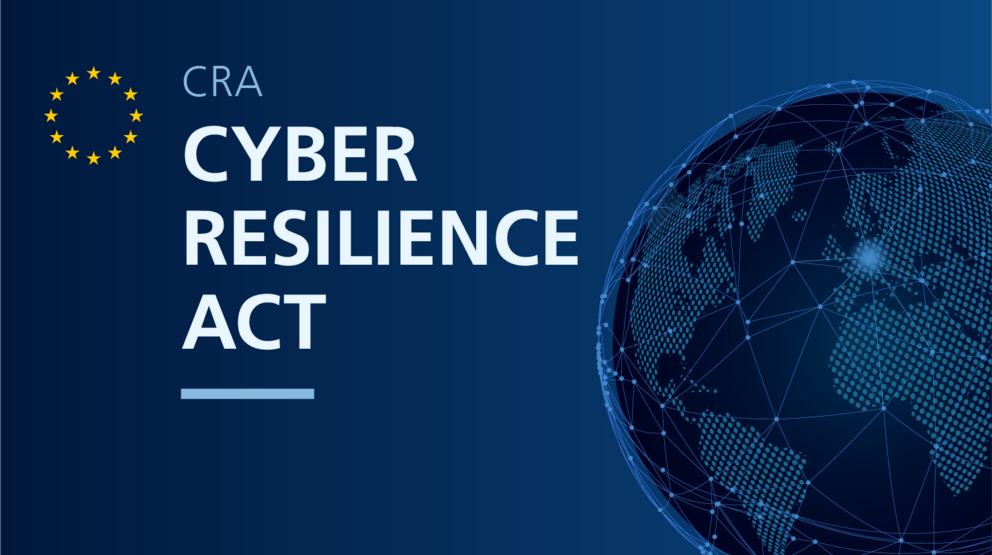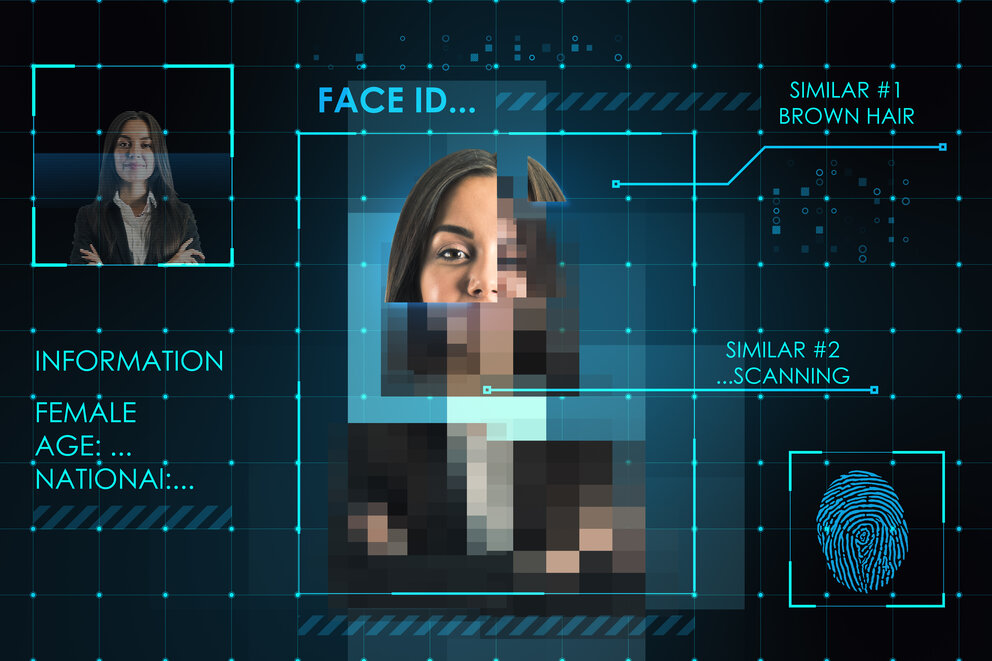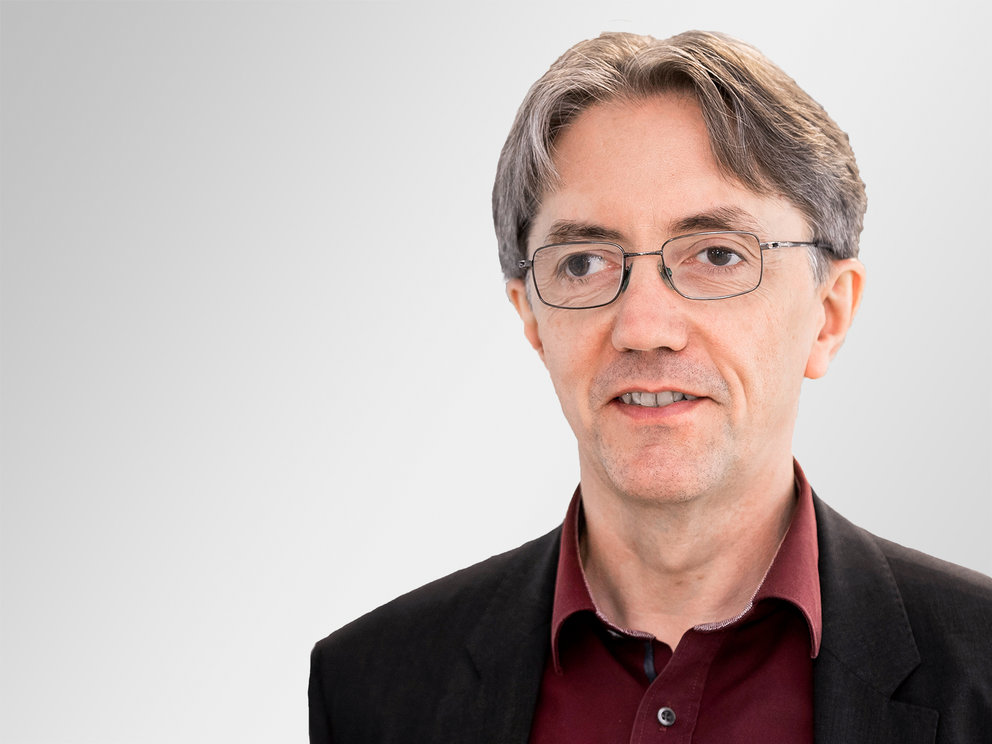Our Think Tank Projects
Active Cyber Defense

With their definition of active cyber defense - understood as technologies that support law enforcement in the prevention and prosecution of cybercrime - ATHENE Director Prof. Michael Waidner and ATHENE Executive Board member Prof. Haya Schulmann defined the term for science, social discourse, and politics. The terminology derived from their research clearly distinguishes active cyber defense from retaliatory measures (hackbacks). With this interdisciplinary approach, ATHENE has significantly influenced the professional discourse on active cyber defense since 2022.
Cryptoagility

Cryptoagility is the ability to exchange cryptographic procedures quickly and easily. This is essential for ensuring the long-term security of digital systems. Cryptography is under pressure from various threats such as the development of quantum computers, mathematical advances, implementation errors, and increasing computing power. Crypto-agile systems enable flexible adaptation to new security requirements. ATHENE demonstrates practical implementation strategies for achieving crypto agility within institutions.
Cybernation Germany

Germany is well positioned in cybersecurity research, but does not play a comparable leading role in the international cybersecurity market. What is preventing us from catching up with the innovation leaders USA and Israel? ATHENE CEO Michael Waidner and ATHENE Board Member Prof. Haya Schulmann argue that applied research could act as an innovation driver here, but this requires fundamental changes in technology transfer, targeted incentive systems, and support structures.
Cyber Resilience Act (CRA)

The CRA's comprehensive regulatory approach means that many companies are having to deal with cybersecurity regulations for the first time. Until the CRA came into force, tens of thousands of companies were not covered by product-, consumer-, or sector-specific cybersecurity regulations. To ensure their products remain successful and future-proof, manufacturers of digitally enabled products should address the CRA's requirements at an early stage. They may have to raise their security standards and adapt their cyber security processes in product development and vulnerability management as a result of the legal requirements.
Disinformation

Our IT experts are making a significant contribution to the fight against disinformation, particularly deepfakes, which use AI to manipulate media content and make it increasingly difficult to distinguish between authentic and fake content. Their forensic analysis underscores the critical role of media forensics at a time when digital manipulation technologies are increasingly accessible and can be used for disinformation, fraud and defamation.
Security Risks for Submarine Cables

Submarine cables are the invisible backbone of global communications. They carry almost 99% of international data traffic, including financial, government and private communications. Their damage or destruction could have catastrophic consequences for the global economy and digitally isolate entire regions. This makes submarine cables one of the most vulnerable elements of critical infrastructure. Acting on behalf of international and national authorities, ATHENE examines this critical infrastructure from various perspectives, providing valuable insights and data to policymakers and security experts.
Simulation Studies in Cybersecurity and Data Protection Law

In the ever-evolving landscape of cybersecurity and data protection law, new legal issues constantly arise for which there is no established case law. This creates considerable legal uncertainty for researchers, companies, and authorities grappling with the legal challenges of digitalisation. Dr. Dr. Annika Selzer and her team are making a significant contribution to reducing this legal uncertainty by conducting and evaluating simulation studies across the entire spectrum of cybersecurity and data protection law. Simulated court hearings involving real judges, public prosecutors and lawyers enable early legal orientation and promote legal development in this rapidly evolving area of law.
Situational Pictures on IT Security

ATHENE analysed the IT infrastructures of various sectors such as research, political parties, administrations, critical infrastructure facilities and large enterprises. The resulting cyber security situation reports serve as the basis for targeted measures to eliminate vulnerabilities. This pioneering work by ATHENE board member Prof. Haya Schulmann is a decisive step toward getting ahead of the situation.
Technology for the Digital Protection of Minors

Prof. Martin Steinebach's pioneering research into the risks of sexting and cybergrooming provides decision-makers and law enforcement with essential technical solutions to protect minors in the digital space. His innovative detection methods not only warn against the careless sharing of nude photos, but also provides significant support for the prevention of digital abuse, protecting society from the serious consequences of such crimes.

